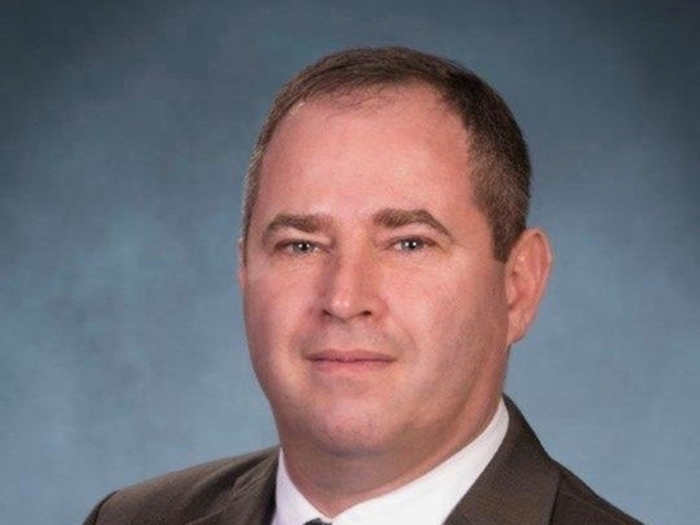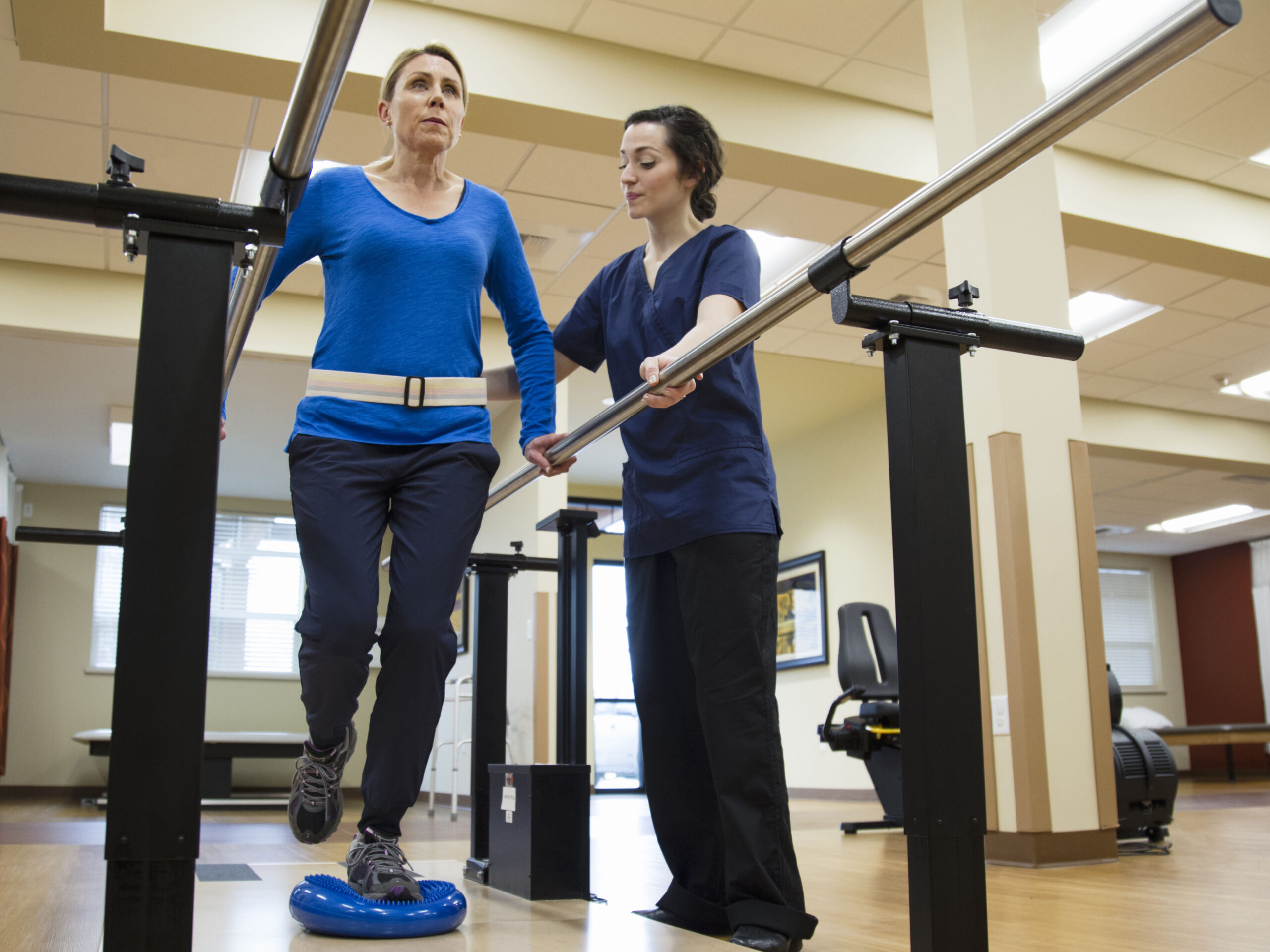The Risks Lurking in the Gap Between Workers’ Comp and Virus Liability Shield Laws

Ever since COVID-19 made the jump from a fast-spreading virus to a full-blown pandemic, businesses and their insurers have been bracing for liability litigation.
Businesses have sued their insurers for business interruption coverage. Consumers have sued businesses alleging virus exposure. Families of employees have sued companies over wrongful death, alleging that workers contracted the virus while on the job and subsequently died.
In the midst of all this litigation, businesses are turning to the government to offer some protection from the deluge of lawsuits.
A recent article from Bloomberg Law reports that multiple states are considering adopting COVID liability shield laws to protect businesses from civil liability suits.
In addition to limiting civil liability exposure, the laws could provide an additional layer of protection from employees suing for workers’ compensation benefits.
A Wave of Virus Liability Shield Legislation
So far in 2021, two states — Alabama and Montana — have already enacted COVID liability shields.
Under Alabama’s law, churches, businesses, schools, health care providers and government entities are protected from lawsuits claiming they are responsible for the spread of COVID-19 amongst employees and patrons.
Montana’s law protects businesses, health care providers and assisted living facilities from being sued by people who were exposed to COVID-19 on their premises. Businesses could still be found liable for spread in situations of “gross negligence” or if they intentionally spread the virus.
The same day he signed the law, Montana’s governor announced he would lift a statewide mask requirement.
Other states, including Alaska, Indiana and North Dakota, are considering legislation limiting COVID-19 liability for employers in 2021.
A number of states — Georgia, Idaho, Iowa, Kansas, Louisiana, Michigan, Mississippi, Nevada, North Carolina, Ohio, Oklahoma, Tennessee, Utah and Wyoming — enacted broad liability protections for businesses in 2020.
Some of these laws will expire in 2021 and may be renewed by legislators.
These laws have yet to be tested in court, so businesses don’t know whether they will serve their intended purpose of offering added protection from COVID liability or if they will be struck down by judges.
Workers’ Comp Implications
Virus liability laws could provide employers with an additional layer of protection from employees who might allege their employer failed to adequately protect them from the virus.
Since workers’ comp benefits are considered an exclusive remedy, civil liability lawsuits brought by employees are preempted by a state’s workers’ comp laws.
To obtain workers’ comp benefits for COVID-19, an employee would need to prove that they contracted the virus at work and that it arose from the course of their employment. Some states have adopted presumptions that make the virus a covered illness, however.
Still, an employee might sue for workers’ compensation benefits for COVID-19 if they feel their claim was wrongly denied.
Virus liability shield laws could provide businesses with an added layer of protection in these cases, especially in states like Texas where an employer is not required to carry workers’ compensation insurance.
Read More
A wave of COVID liability litigation is expected to hit the courts in coming months.
Plaintiffs are expected to have a difficult time proving businesses are responsible for exposure to the virus, but insurance carriers are still prepping defense strategies and discussing risk mitigation strategies with their clients.
Workers’ comp has already seen a number of lawsuits related to COVID-19. Ranging from wrongful death suits to allegations that a company failed to adequately protect workers, these five lawsuits can give employers a sense of what types of litigation to prepare for.
In addition to facing civil liability and workers’ comp exposures, businesses have been suing their insurers alleging they were wrongfully denied business interruption coverage for the pandemic. &










